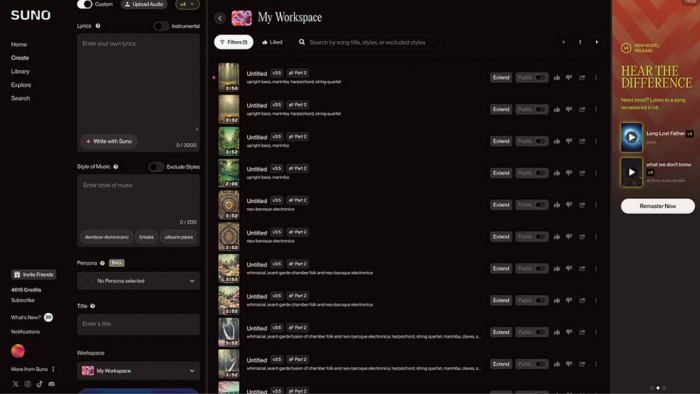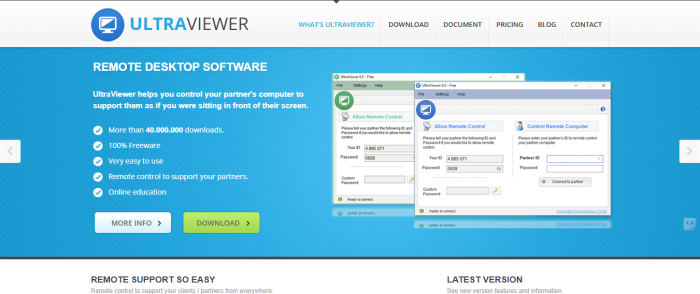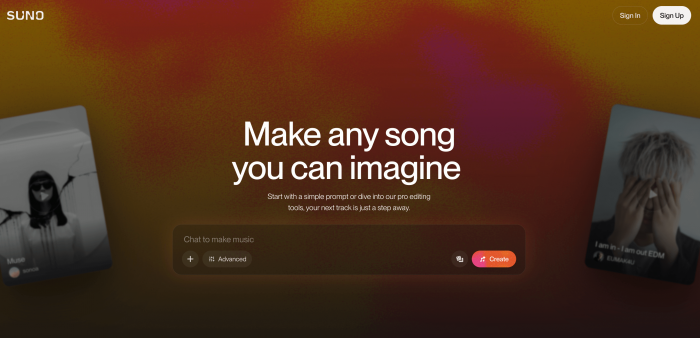Table of Content
- Livegore Website Overview & Search Popularity
- Reputation & Trust Signals Around Livegore
- Psychological & Emotional Risks of Livegore Content
- Livegore & the Legal Landscape
- User Protection & Parental Controls
- Brand Safety & Monetization Challenges
- Journalist & Researcher Best Practices
- Reporting & Take-Down Options
- FAQs on Livegore
- Conclusion – Navigating Livegore Safely
Livegore Website Overview & Search Popularity
The site Livegore.com positions itself as an “uncensored” hub for accident, crime, and violent footage. It has gained search traction globally, with users often stumbling upon it while exploring shocking or taboo content online.
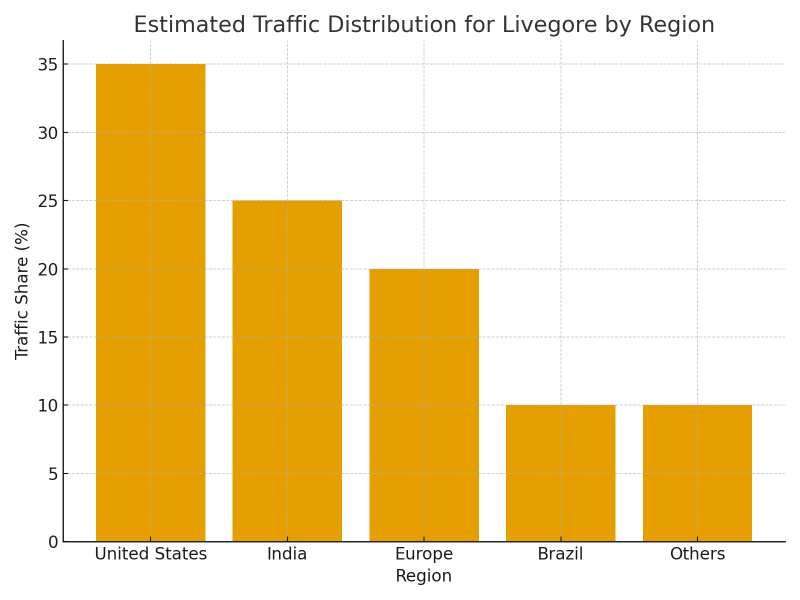
Reputation data, however, is mixed. Trustpilot currently lists Livegore with a 3.4/5 TrustScore (based on one review as of September 2025). Automated site checkers like Scamadviser flag it as “average to good trust” but advise caution. The domain also appears in IPQS popularity rankings within mid-tier traffic segments, reflecting global visibility despite controversy.
Together, these signals highlight that while Livegore has an active user base, its safety and credibility remain questionable. This brings us to deeper issues of trust, user protection, and psychological risks.
Reputation & Trust Signals Around Livegore
Users frequently ask: “Is Livegore safe?” The truth is complicated. Trust badges and automated ratings may appear reassuring, but they can be misleading. On Trustpilot, for example, the small sample size means the rating doesn’t reflect a broad consensus. Meanwhile, Scamadviser’s automated analysis relies on technical signals (like domain age and SSL), not content ethics.
This is why Livegore’s “reputation” should not be seen as synonymous with safety. When combined with its branding as a shock-content site, it creates red flags for both users and advertisers.
Psychological & Emotional Risks of Livegore Content
Exposure to violent and graphic material can cause:
- Acute distress or nightmares
- Desensitization to real-world violence
- Secondary trauma for minors or casual browsers
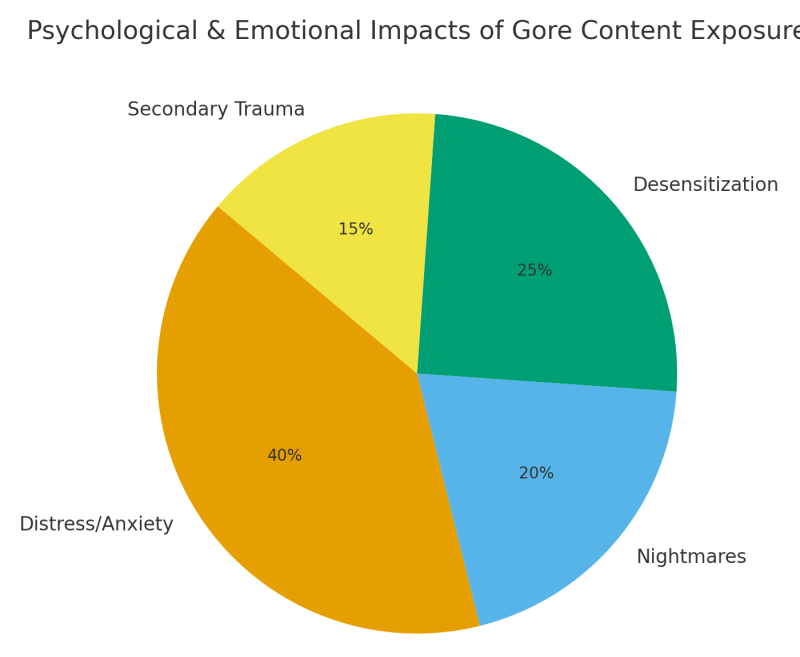
Organizations like ScienceDirect have documented that repeated exposure to graphic imagery increases anxiety and decreases emotional resilience. This is exactly why mainstream platforms like YouTube and Meta prohibit violent/gory uploads intended to shock or disgust audiences.
For individuals who come across Livegore accidentally or out of curiosity, the psychological cost can outweigh any informational value. This makes safety practices critical.
Livegore & the Legal Landscape
Legality around Livegore depends on geography. Some countries treat hosting or accessing graphic gore as a violation of decency laws, while others allow access but restrict redistribution.
For instance, certain jurisdictions may issue ISP-level blocks on gore websites, while in others, workplace filters automatically block sites like Livegore.com. Even if technically legal, sharing or re-uploading this content could expose users to lawsuits for “public display of offensive material.”
The blurred legal boundary makes personal protection and proactive filtering tools even more important.
User Protection & Parental Controls
If you wish to block Livegore at home, workplace, or school, several strategies exist:
- Network-level controls: Set up DNS-based filters like OpenDNS or CleanBrowsing to prevent access.
- Device-level restrictions: Enable SafeSearch across Google or Apple devices and install parental-control software.
- Browser extensions: Tools like BlockSite allow keyword-based filtering for terms like livegore.
- Education & awareness: Talking openly with teens about shock sites helps prevent risky curiosity.
These strategies reduce unintentional exposure and enforce safer digital habits.
Brand Safety & Monetization Challenges
From a brand perspective, associating with Livegore carries severe brand safety risks. Major ad networks—including Google Ads—disallow placement on sites promoting violence or gore.
For affiliate marketers or publishers, this means that even linking to Livegore could result in account suspensions. It also makes it harder for such platforms to monetize ethically, leaving them dependent on underground ads, which often carry higher malware risks.
For journalists and researchers, the challenges are different—focused on handling content ethically while minimizing harm.
Journalist & Researcher Best Practices
Researchers who engage with shock-content platforms like Livegore should follow a do-no-harm framework:
- Access only when necessary for OSINT or journalistic work.
- Use blurring/redaction before storing or sharing material.
- Never redistribute without context, and always add content warnings.
- Follow trauma-informed newsroom guidelines from organizations like Dart Center for Journalism & Trauma.
By adopting such practices, researchers can balance public interest with audience protection.
Reporting & Take-Down Options
If Livegore hosts content that is clearly illegal (e.g., involving minors or terrorism), users can:
- Report directly to Livegore’s contact page or hosting provider.
- File complaints with local cybercrime cells or national authorities.
- Submit abuse reports through global watchdogs like INHOPE.
This ensures that harmful material is flagged for removal without amplifying it further.
FAQs on Livegore
Is Livegore safe to use?
No. It poses psychological risks, potential malware exposure, and reputational harm.
Can Livegore be blocked at home or school?
Yes, through DNS filters, browser extensions, and parental-control apps.
Is Livegore legal everywhere?
No. Access rules vary by country. Some nations allow it, others restrict or block it.
Why does Livegore rank in search results?
Because of user search interest and traffic signals, not because it’s trustworthy.
Conclusion – Navigating Livegore Safely
Livegore may appear in search engines and discussion forums, but its content comes with severe psychological, legal, and ethical risks. While trust signals like Trustpilot and Scamadviser may suggest a functioning site, they do not guarantee safety.
The smarter choice is to:
- Use parental and device-level filters,
- Avoid direct engagement, and
- Seek safer alternatives for research or education.
Ultimately, Livegore is a site better avoided, with focus placed instead on digital wellbeing, ethical journalism, and responsible online practices.
Post Comment
Be the first to post comment!
